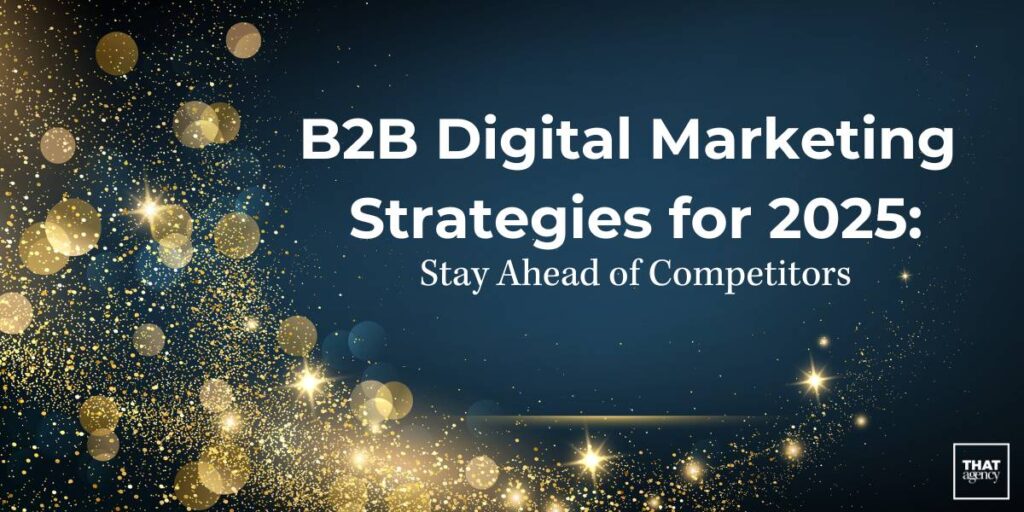B2B content marketing is a strategic approach that focuses on creating and distributing valuable, relevant, and consistent content to attract and retain a defined audience. Unlike B2C marketing, which targets individual consumers, B2B content marketing is aimed at businesses and professionals. The goal is to build trust, establish authority, and ultimately drive conversions by nurturing long-term relationships with clients.
Developing a Strong Content Marketing Strategy
A successful B2B content marketing strategy begins with thorough planning and research. Businesses need to define their target audience, understand their pain points, and create content that addresses their needs. A clear strategy includes setting goals, identifying key performance indicators (KPIs), and establishing a content calendar to ensure consistency in content delivery.
Identifying the Target Audience
Understanding the audience is crucial in B2B content marketing. Businesses must conduct research to identify their ideal customers, analyze their demographics, and segment them based on industry, company size, job roles, and challenges. Creating detailed buyer personas helps in crafting content that resonates with the audience and provides solutions to their problems.
Creating High-Quality and Valuable Content
The core of B2B content marketing is high-quality, informative, and engaging content. Businesses should focus on producing content that educates, informs, and solves problems. This can include blog posts, whitepapers, case studies, e-books, infographics, webinars, and video content. Ensuring that content is well-researched and backed by data enhances credibility and builds trust among potential clients.
Leveraging SEO for B2B Content
Search engine optimization (SEO) plays a crucial role in content visibility. B2B companies must optimize their content for relevant keywords, use proper meta descriptions, and ensure mobile-friendliness. Producing content that answers common industry questions and aligns with search intent helps improve search engine rankings and organic traffic.
Utilizing Multiple Content Formats
Different businesses prefer consuming content in different formats. To maximize reach and engagement, B2B marketers should use a mix of content types. Written content like blogs and articles are excellent for in-depth knowledge, while videos and podcasts cater to audiences who prefer audiovisual content. Webinars and live sessions offer real-time engagement and direct interaction with potential clients.
Implementing a Content Distribution Plan
Creating high-quality content is just one part of the strategy; distributing it effectively is equally important. Businesses should use various distribution channels such as company websites, email marketing, social media platforms, and industry-specific forums. Paid promotions, influencer collaborations, and guest posting can also extend the content’s reach to a wider audience.
Leveraging Social Media for B2B Content Marketing
Social media platforms like LinkedIn, Twitter, and Facebook are essential tools for B2B marketers. LinkedIn, in particular, is highly effective for professional networking and content sharing. Businesses can use social media to share industry insights, promote blog posts, and engage in meaningful discussions with potential clients. Consistent social media activity helps in brand visibility and credibility.
Using Email Marketing for Nurturing Leads
Email marketing remains a powerful tool in B2B content marketing. Personalized email campaigns help nurture leads and guide them through the sales funnel. Providing value through informative newsletters, case studies, and exclusive industry insights keeps potential clients engaged and interested in a business’s offerings.
Measuring and Analyzing Performance
To refine content marketing strategies, businesses must continuously measure and analyze performance. Tracking metrics such as website traffic, engagement rates, conversion rates, and lead generation helps determine what is working and what needs improvement. Utilizing tools like Google Analytics, HubSpot, and SEMrush can provide valuable insights into content effectiveness.
Building Thought Leadership through Content
Establishing thought leadership is crucial in B2B marketing. Businesses should position themselves as industry experts by publishing authoritative content, participating in industry events, and engaging in discussions on professional platforms. Thought leadership content, such as research reports and expert interviews, enhances credibility and fosters trust among potential clients.
Incorporating Account-Based Marketing (ABM)
Account-based marketing (ABM) is a highly targeted approach where businesses create personalized content for specific high-value clients. By tailoring content to address the needs of particular accounts, businesses can strengthen relationships and increase conversion rates. ABM strategies often include personalized email campaigns, targeted ads, and customized whitepapers.
Aligning Content with the Buyer’s Journey
Content should be strategically aligned with different stages of the buyer’s journey. At the awareness stage, businesses can create educational content like blog posts and e-books. During the consideration stage, case studies and webinars can help showcase expertise. In the decision stage, product demos and testimonials can encourage conversions.
The Role of Influencer Marketing in B2B
Influencer marketing is not limited to B2C; it is also effective in B2B marketing. Industry influencers and thought leaders can help amplify content reach and credibility. Collaborating with influencers for guest posts, interviews, and co-branded content can enhance brand authority and attract a larger audience.
Integrating AI and Automation in Content Marketing
Artificial intelligence (AI) and automation tools streamline content marketing processes. AI-powered analytics help in content optimization, predictive analysis, and audience targeting. Automation tools like HubSpot and Marketo facilitate email marketing, social media scheduling, and lead nurturing, improving efficiency and consistency.
Overcoming Common B2B Content Marketing Challenges
B2B marketers often face challenges such as content saturation, long sales cycles, and measuring ROI. To overcome these, businesses should focus on unique value propositions, experiment with interactive content, and ensure content personalization. Regularly updating and repurposing content also keeps it relevant and engaging.
Conclusion
B2B content marketing is an essential strategy for businesses looking to build trust, generate leads, and drive long-term success. By creating valuable content, optimizing for SEO, leveraging multiple channels, and continuously analyzing performance, businesses can enhance their marketing efforts and establish themselves as industry leaders. A well-executed content marketing strategy helps in nurturing relationships, fostering brand loyalty, and ultimately achieving business growth.
















